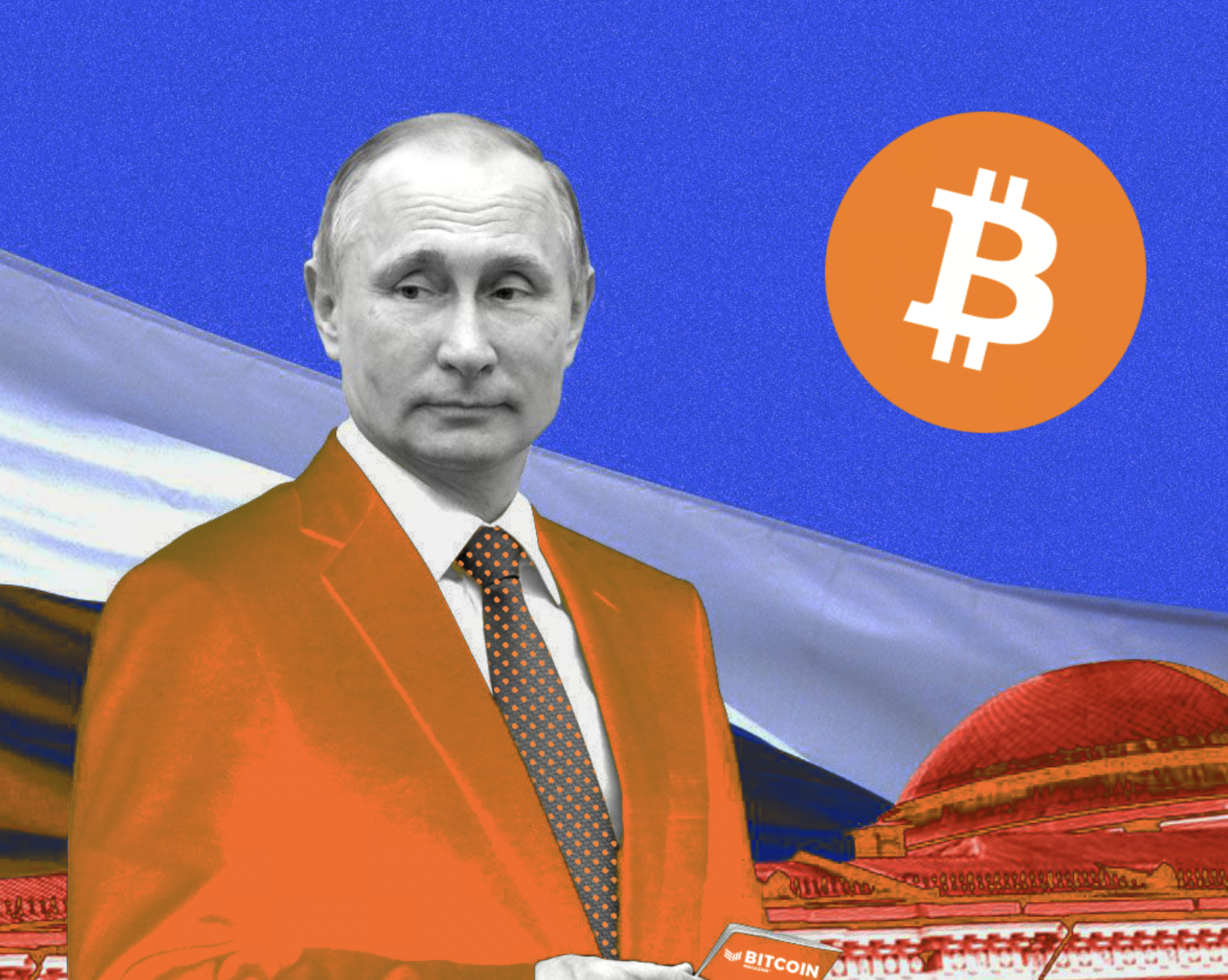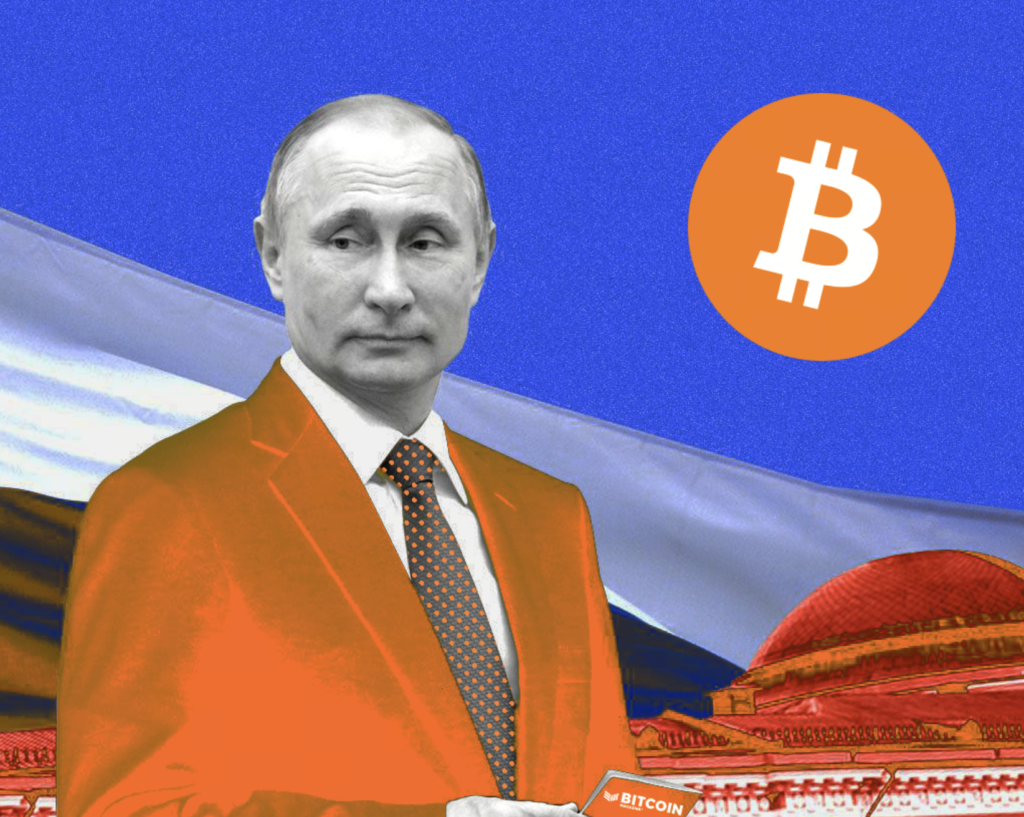In 2022, the U.S. government imposed sanctions on Tornado Cash, an Ethereum-based crypto mixing service, sparking a debate that continues today. Tornado Cash allowed users to transfer crypto anonymously, but the...
In 2022, the U.S. government imposed sanctions on Tornado Cash, an Ethereum-based crypto mixing service, sparking a debate that continues today. Tornado Cash allowed users to transfer crypto anonymously, but the government believed it facilitated money laundering. This led some Ethereum validators and block builders to avoid Tornado-linked transactions, causing the service to become slower and more costly.
Critics argued that complying with the sanctions amounted to censorship, undermining a core cypherpunk principle. President Donald Trump eventually lifted the sanctions in March, but the incident raised questions about the need for third-party apps for private transactions on the Ethereum network.
Crypto security researcher Pascal Caversaccio highlighted the lack of financial privacy on the Ethereum network due to publicly accessible transaction graphs. He proposed integrating privacy-preserving technologies at the protocol level to ensure users are private by default.
Ethereum developers have reignited discussions on making the network more private at its core. Some proposed interventions include encrypting the public mempool and implementing zero-knowledge cryptography for confidential transactions. Ethereum co-founder Vitalik Buterin also outlined a privacy-oriented roadmap, suggesting focusing on on-chain payments and anonymizing activity within applications.
If all suggestions are implemented, private transactions could become the default on Ethereum. The privacy debate comes ahead of Ethereum’s upcoming major upgrade, Pectra, which does not prioritize privacy. Developers are already planning the following upgrade, Fusaka, but the changes for that hard fork are still uncertain.



